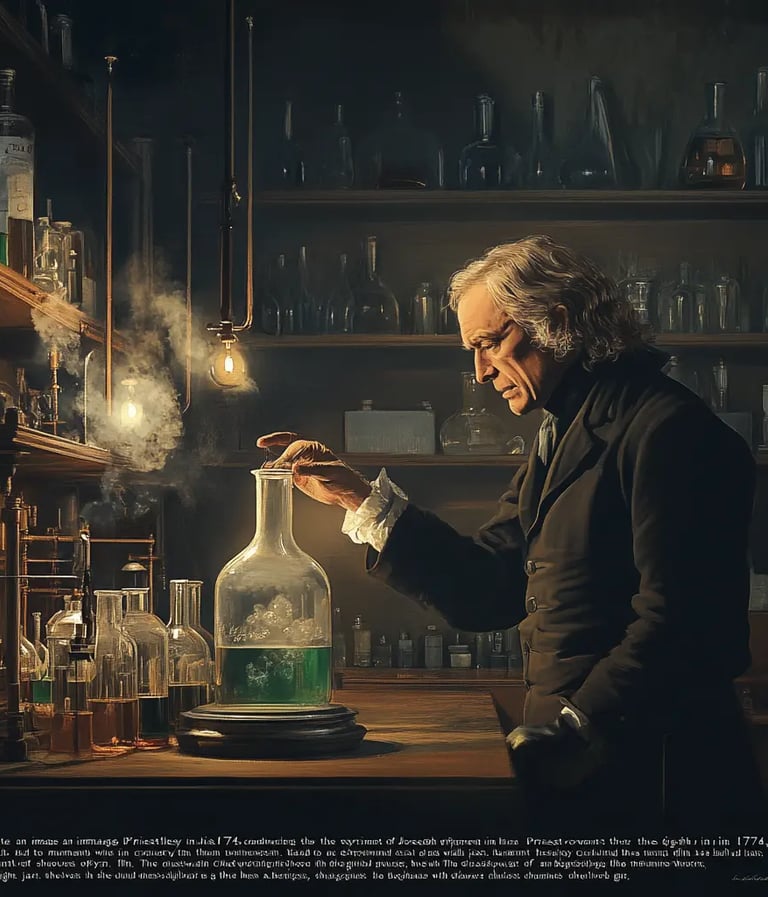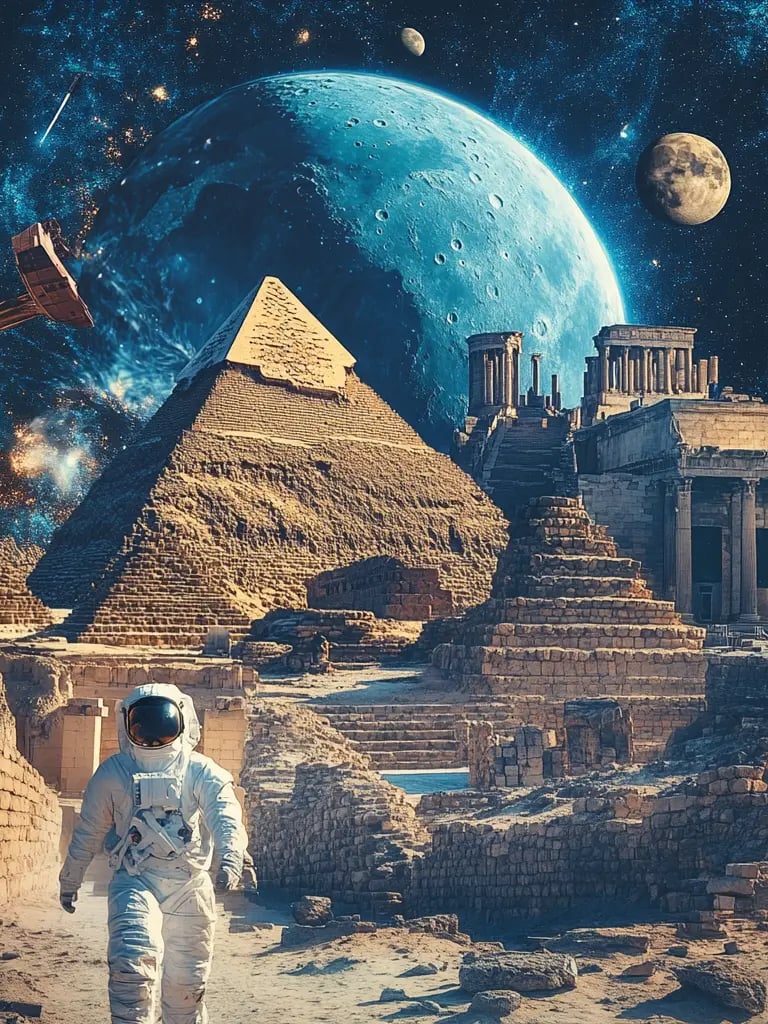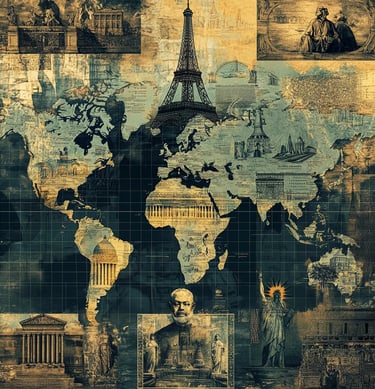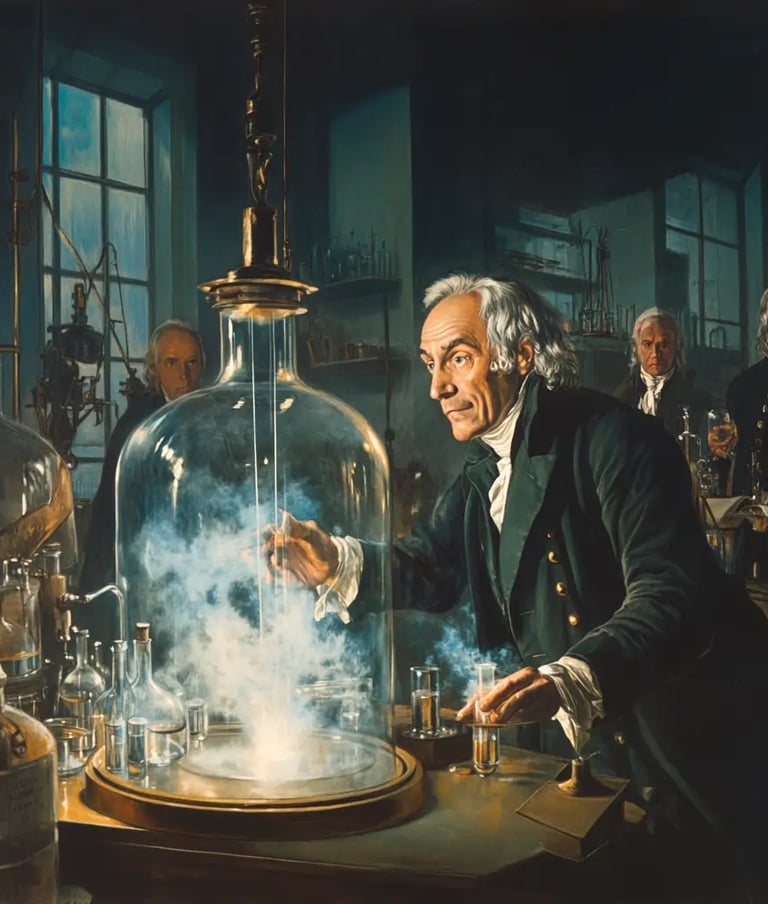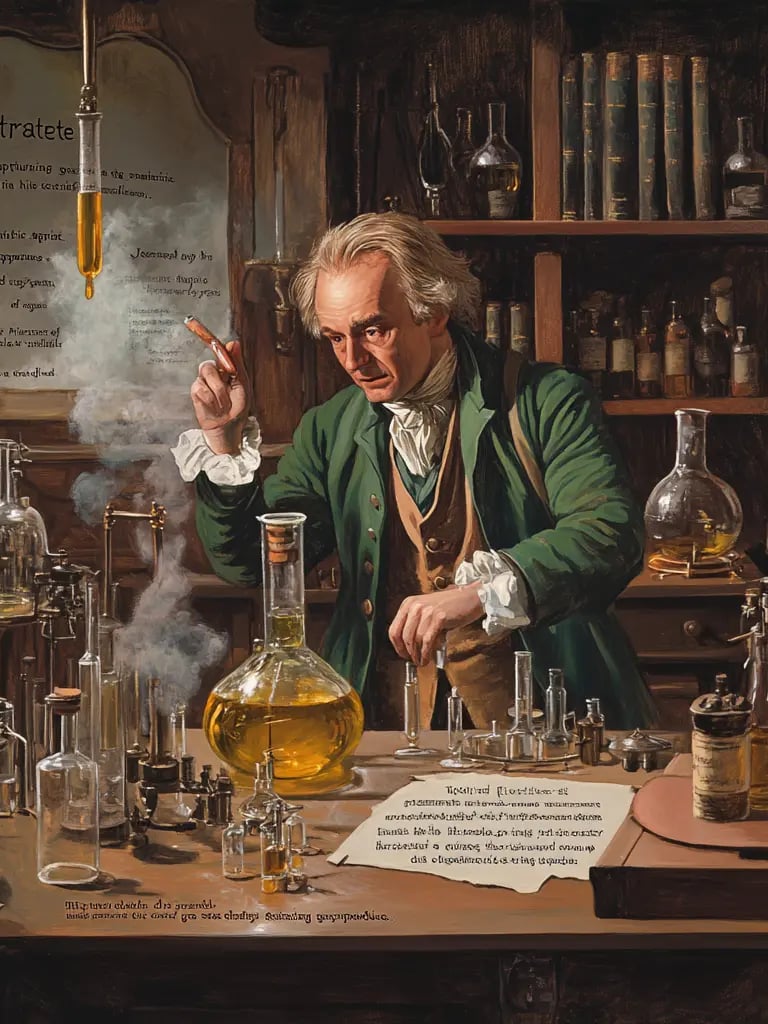Explorer Christopher Columbus begins his first voyage across the Atlantic Ocean, departing from Palos de la Frontera, Spain. His expedition, which includes the ships Niña, Pinta, and Santa María, eventually leads to the European discovery of the Americas, reshaping global history.
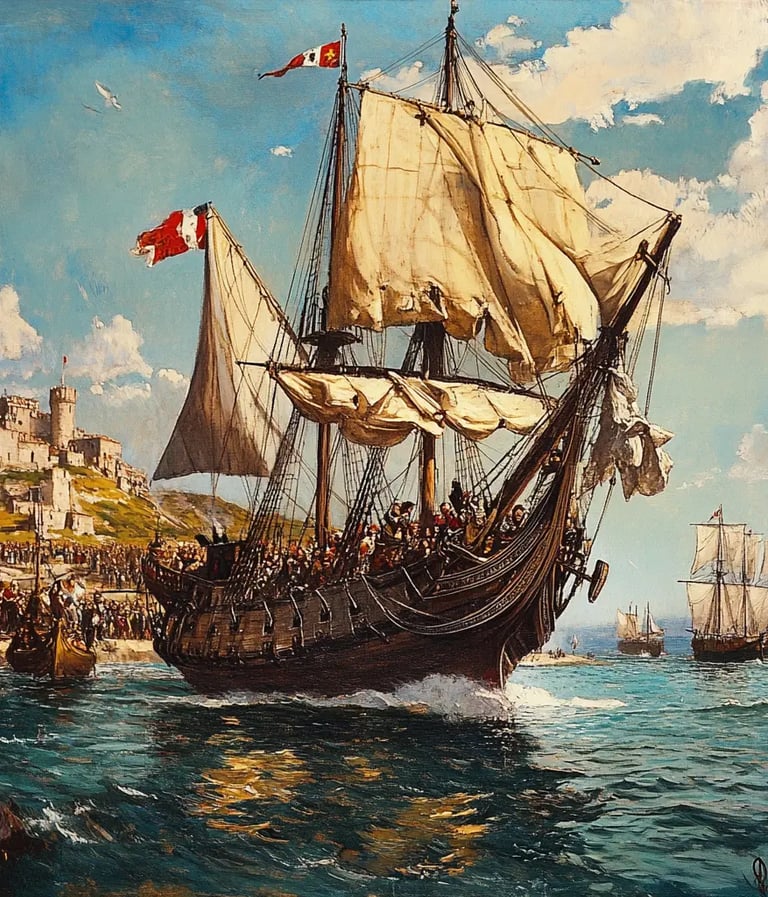

1492 - Christopher Columbus Sets Sail for the New World
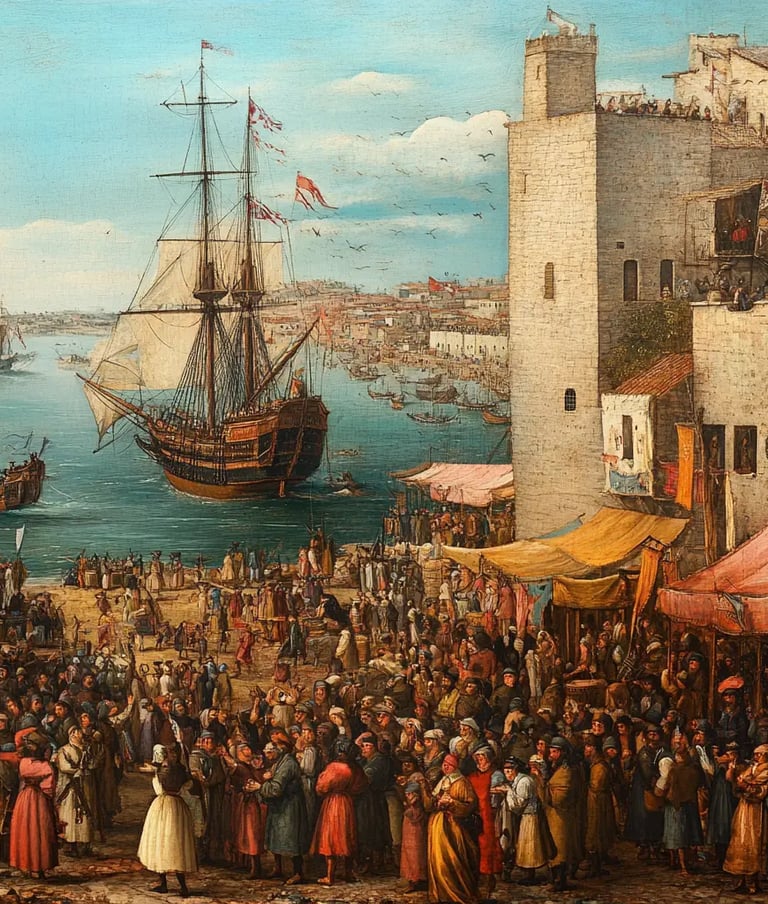

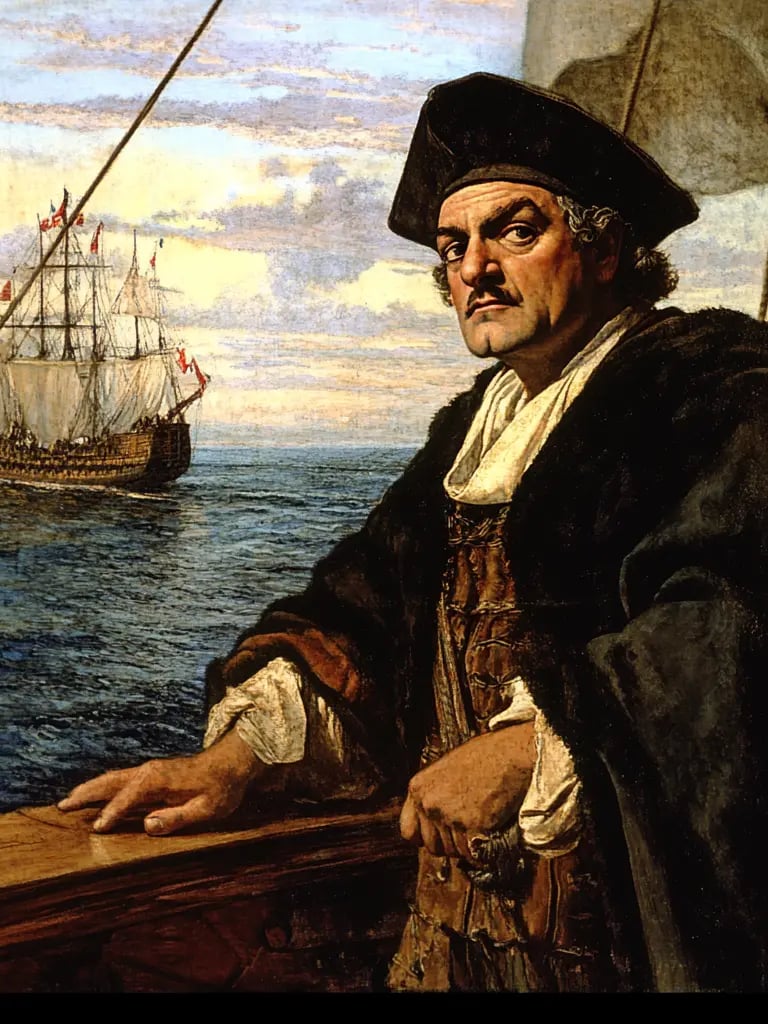

At the onset of World War I, Germany declares war on France, intensifying the conflict that involves many of the world's great powers. This declaration sets the stage for widespread warfare that engulfs Europe and significantly impacts global geopolitics.
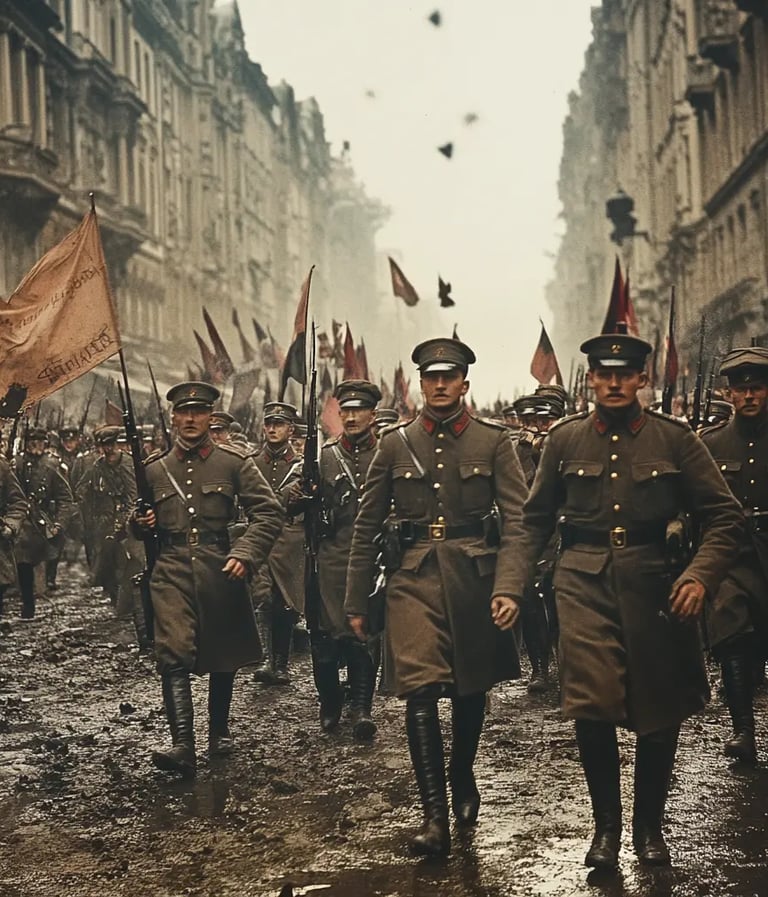

1914 - Germany Declares War on France in World War I
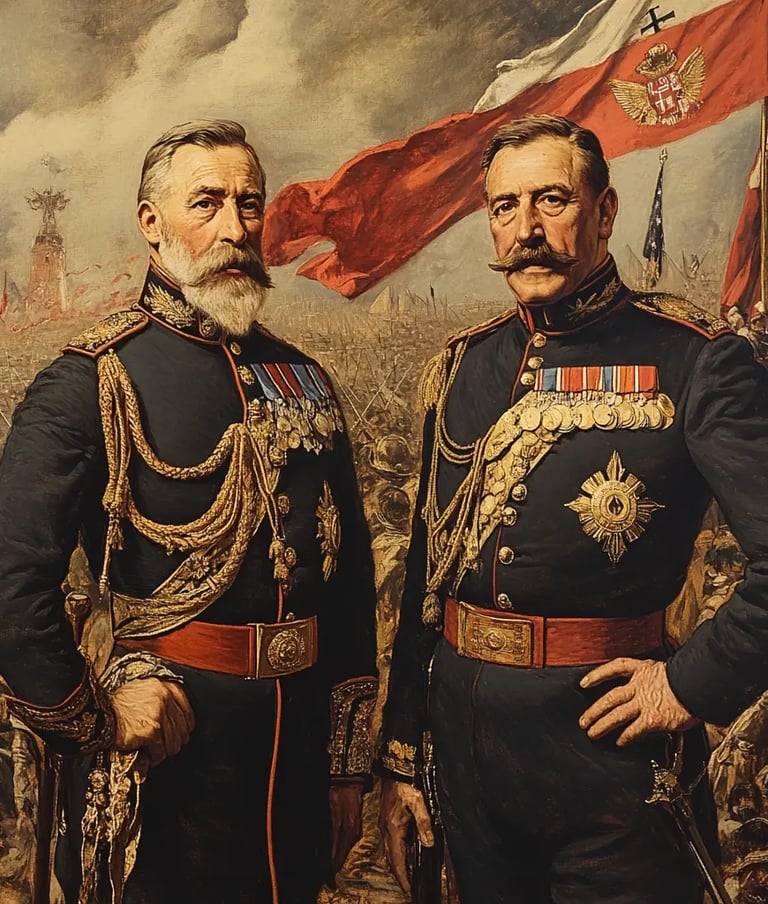

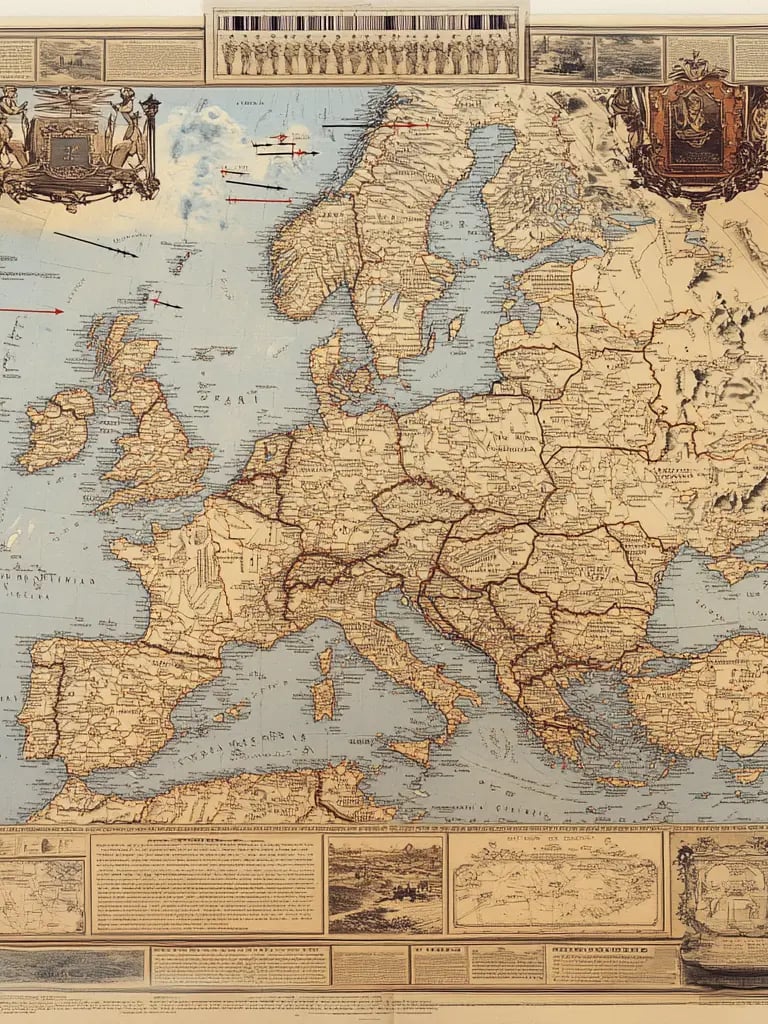

Vice President Calvin Coolidge is sworn in as the 30th President of the United States following the sudden death of President Warren G. Harding. Coolidge's presidency is marked by a focus on business and economic prosperity during the Roaring Twenties.
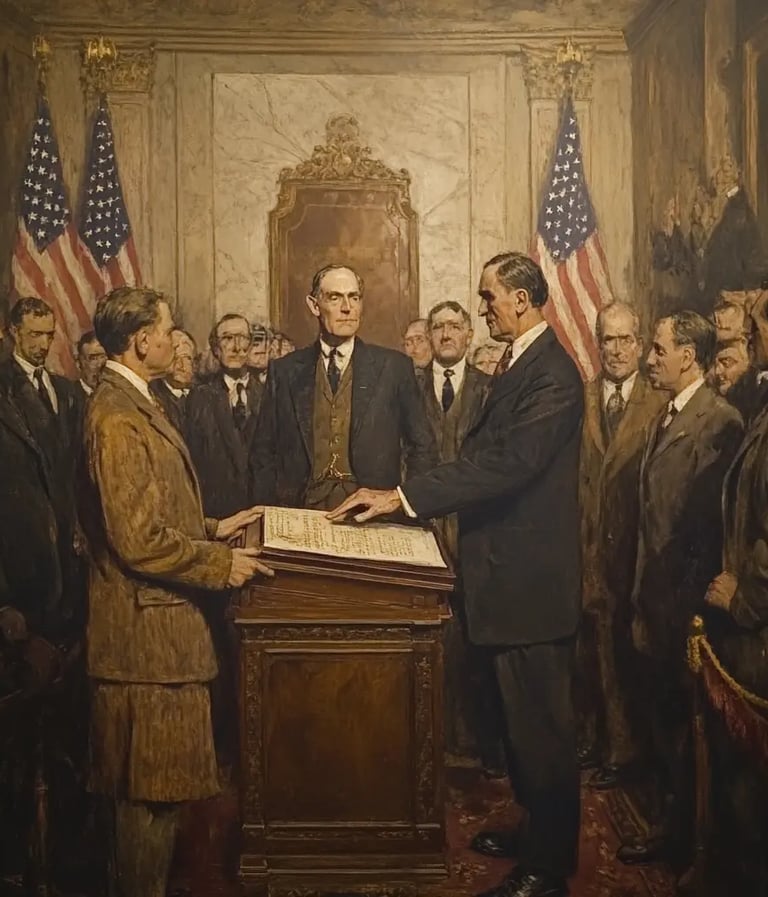

1923 - Calvin Coolidge Becomes President of the United States
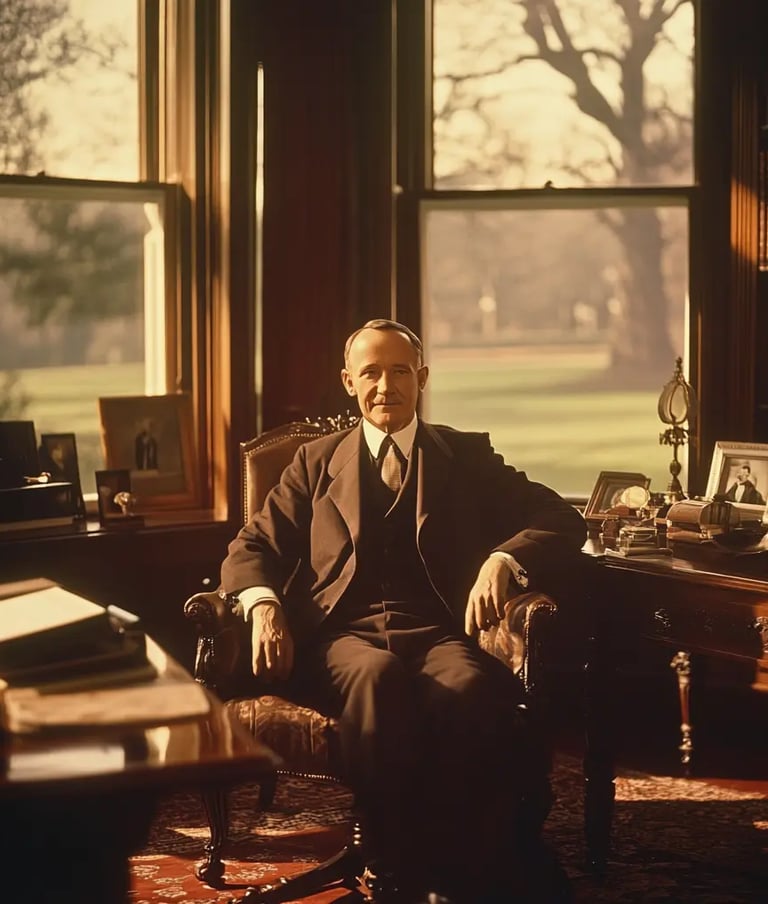

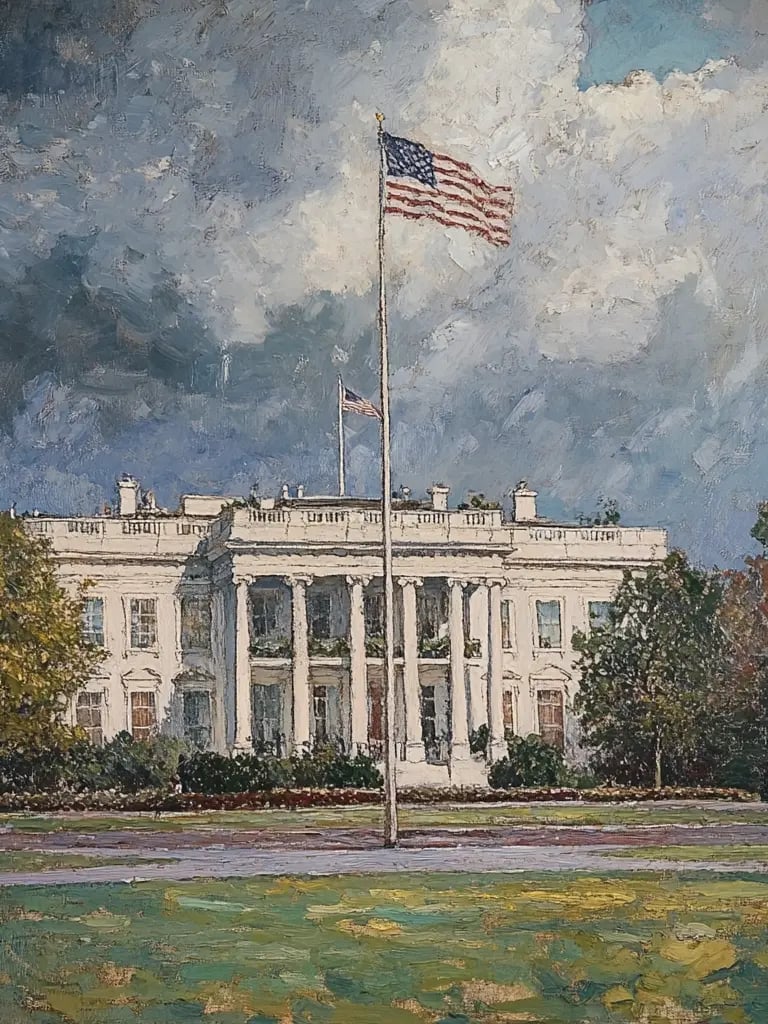

The USS Nautilus, the world's first nuclear-powered submarine, successfully completes a submerged journey under the North Pole. This pioneering voyage demonstrates the strategic and technological advancements of nuclear submarines and expands possibilities for undersea exploration.
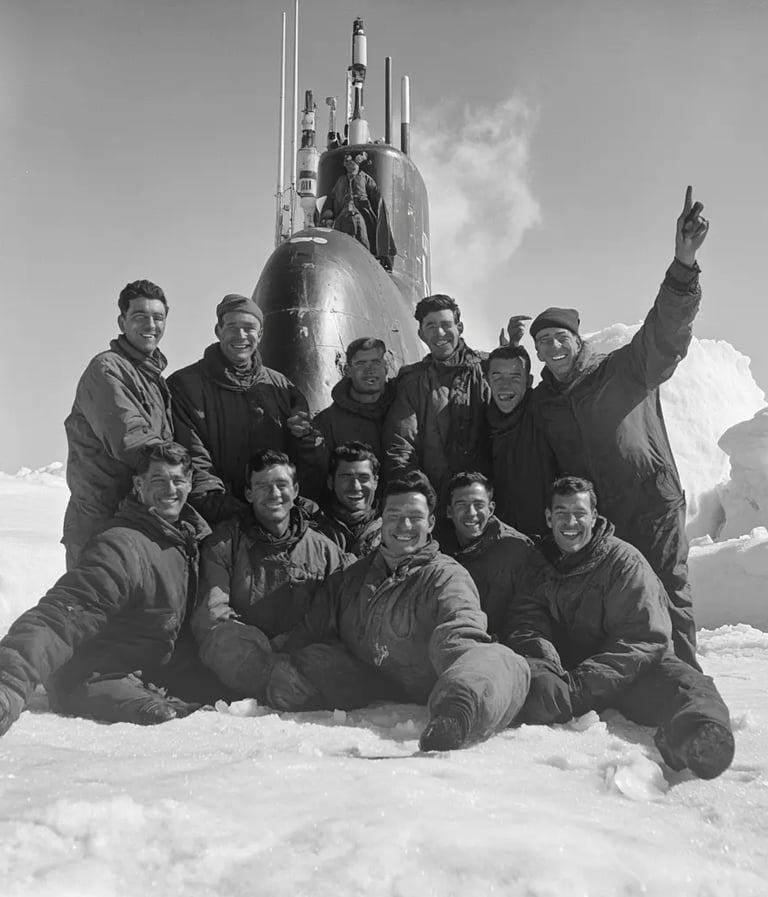

1958 - USS Nautilus Completes First Underwater Transit of the North Pole
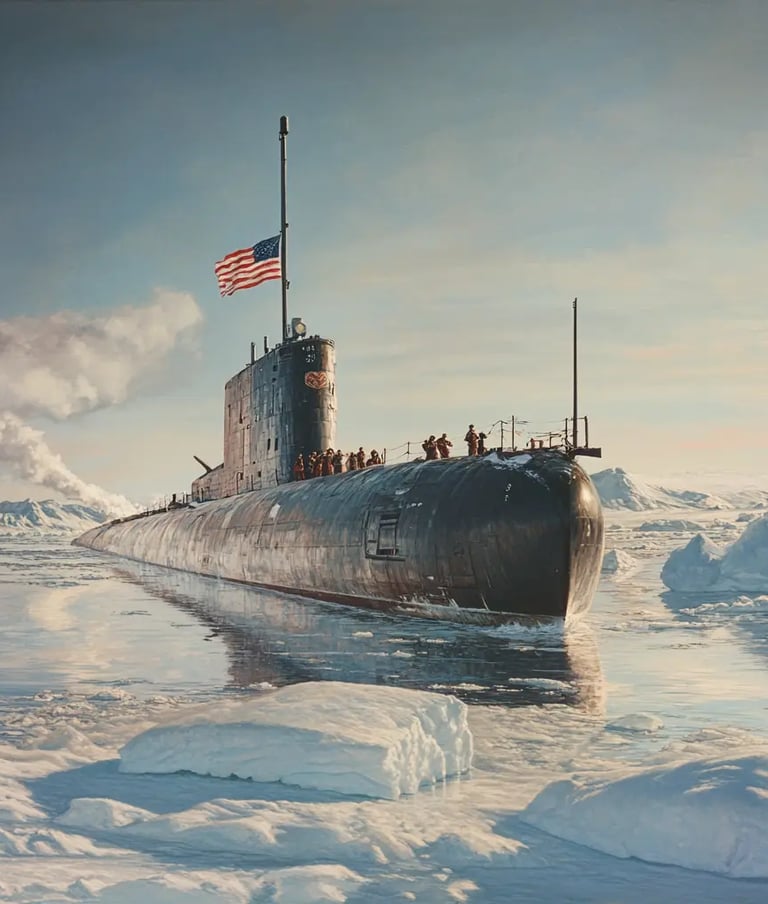

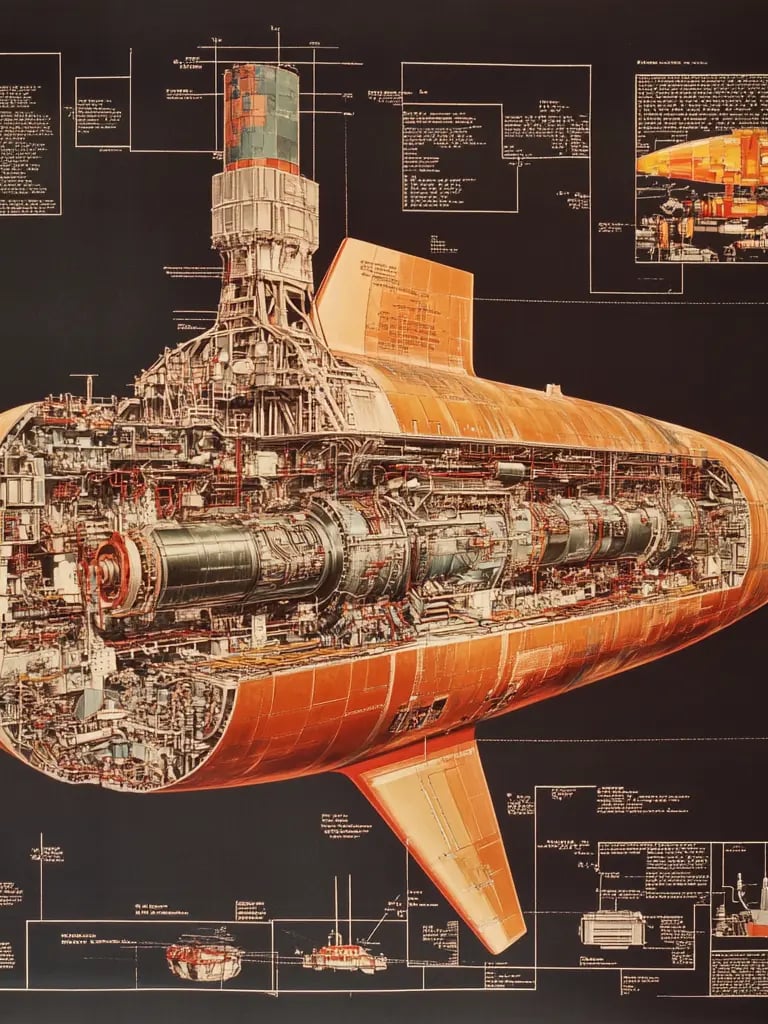

On August 3, 1774, the English scientist Joseph Priestley discovered oxygen while conducting experiments with mercuric oxide. This groundbreaking finding laid the foundation for modern chemistry and contributed to the understanding of gases and combustion. Priestley's work paved the way for future discoveries in the field, leading to advancements in various scientific disciplines, including biology and environmental science.
